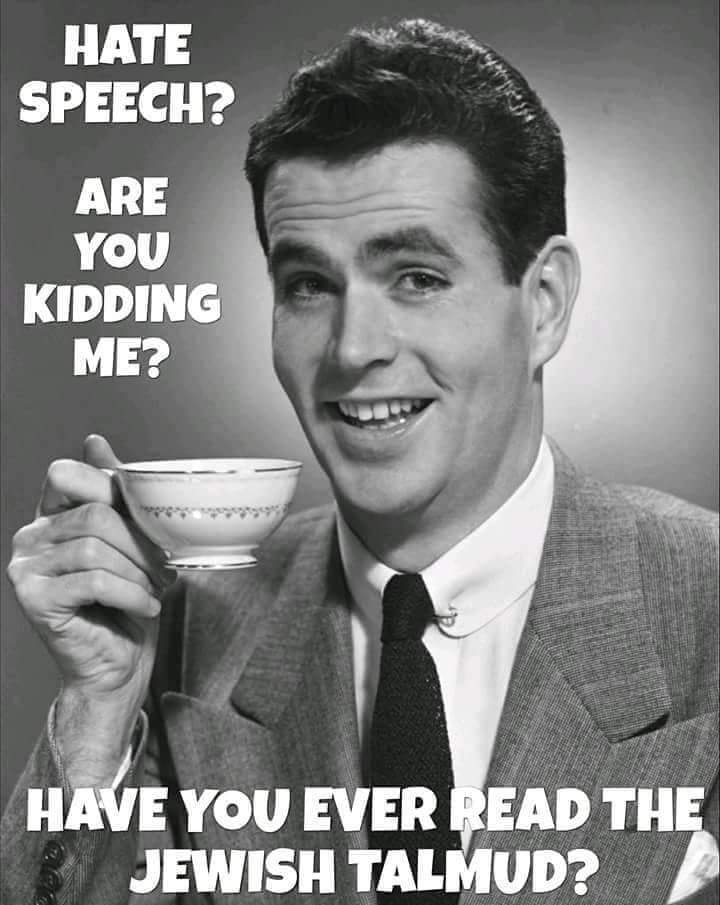A rant:
“Hate crime” laws are unconstitutional by nature. Their sole purpose is to alter the right to equal protection under the law. “Hate crime” laws exist to create unequal protection — bigger punishments for some colours or religions than other colours and religions for the same crime. “Hate crime” laws demand that someone who is shot because of hatred be better protected by law than someone who is shot because of jealousy. Both victims are equally shot. Both are equally dead. But one group gets a bigger punishment and anther group gets a mandated smaller punishment. It is time to cease unequal protection. It is time to cease unequal punishment. A victim of murder or of assault should get the same protection under the law irrespective of why why the victim was targeted. A criminal should receive the same punishment under the law irrespective of a judge’s opinion. Otherwise, criminals are prosecuted for emotions rather than actions and victims are protected based on identity rather than victimization.This is a blatant a violation of the concept of equal justice under law. A trickery of words is involved. The fear of being accused of racism could cause white people to support such a biased law.
In recent years, there has been an increasing focus on hate-crime legislation. This style of legislation brings heavier penalties for those convicted of assaulting ‘marginalized’ people. So there is a different penalty for a black eye depending on who hit who.This is problematic. I hit you. I get ten years. You hit me. You get one year. We sort of got used to this with feminism — different penalties for males and females for the same crime. Now we have it for colour and race.
Hate crime laws support mass incarceration by sending more people to prison for longer periods of time.
The FBI defines a hate crime as a “criminal offense against a person or property motivated in whole or in part by an offender’s bias against a race, religion, disability, sexual orientation, ethnicity, gender, or gender identity.” That means that it is a crime — such as a robbery, assault or vandalism — that investigators determine was motivated entirely or partially by prejudice. When put into law, it allows the government to prosecute suspects for hate crimes and to increase penalties whilst other groups effectively become ‘protected classes’. For some figures, we can study some American statistics on the targets of hate crime. Of the 8,819 hate crime victims reported to the FBI in 2018 (in 7,120 separate incidents):
- 2,426 were targeted because of anti-black bias;
- 1,445 because of sexual orientation or gender identity bias;
- 1,038 because of anti-white bias;
- 920 because of anti-Jewish bias;
- 671 because of anti-Hispanic or anti-Latino bias;
- 236 because of anti-Muslim bias;
- 209 because of anti-American Indian or Alaska Native bias.
The motivating factor in most hate crimes appears to be racial bias. National Institute of Justice suggests a figure of about 60%.
It can be difficult to tell the diference between a hate-crime and terrorism.
It become important to comprehend the motive by determining the root causes of an offense. Hate crimes are motivated by an offender’s personal bias and are sometimes committed by nonpolitical youths simply for the thrill of the action. Terrorist attacks tend to be violent acts motivated by ‘extremist beliefs’ and intended as political or ideological message.
Malicious and unlawful actions directed at citizens due to their race, religion, ethnic origin, etc., are contemptible and should be strongly condemned by society.







